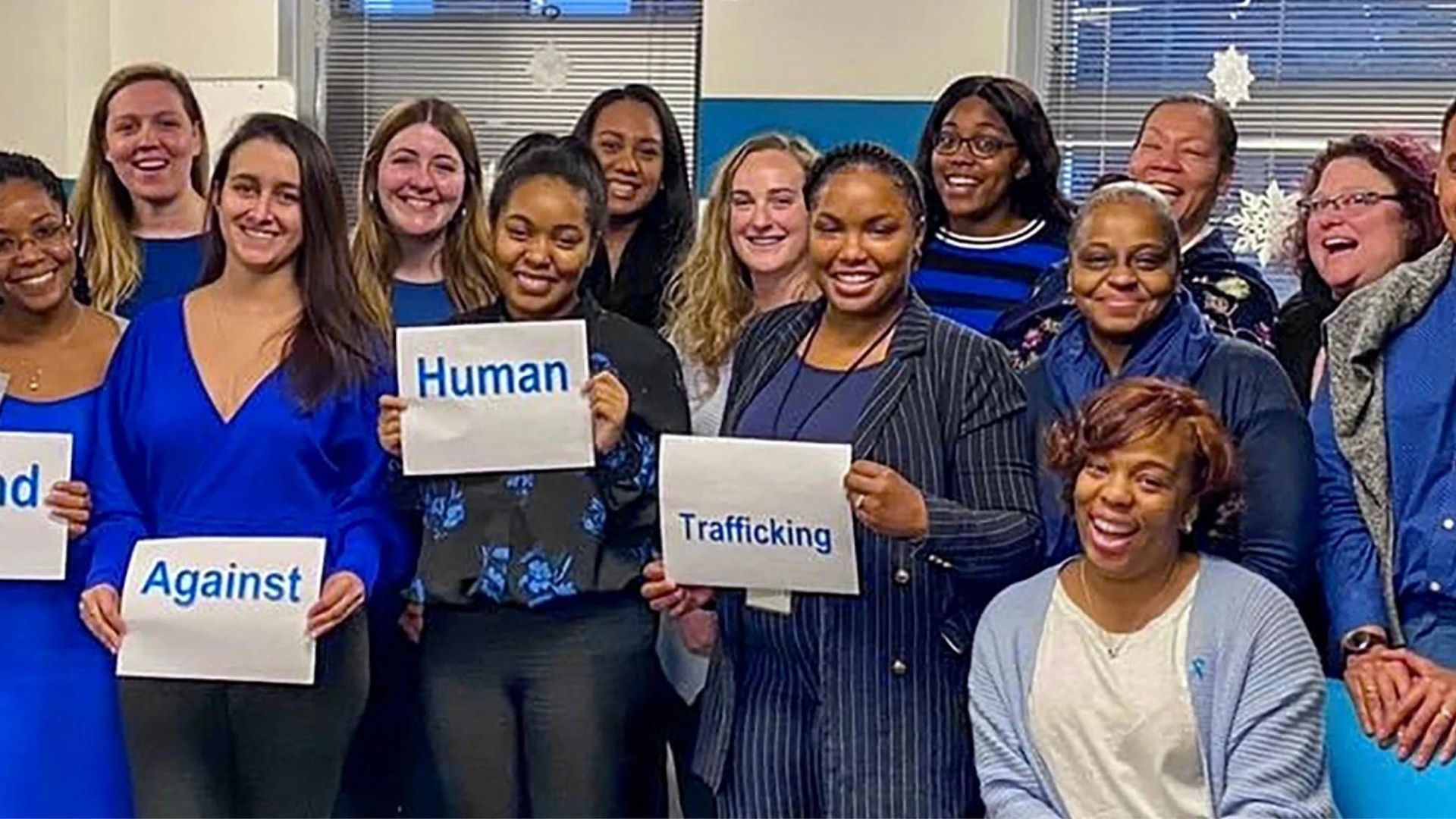|
Getting your Trinity Audio player ready...
|
Gender-based violence is a dark thread that weaves through the lives of countless women. Beyond the physical and psychological scars that survivors bear, gender-based violence casts a long shadow on the social fabric. In this blog post, we unravel the intricate web of social consequences that this pervasive issue imposes on women and society as a whole.

Gender-Based Violence Promotes Isolation and Stigma
To begin with, one of the most insidious effects of gender-based violence is the isolation and stigma that survivors often endure. The shame unjustly placed on victims acts as a barrier to seeking help and sharing their experiences. The fear of judgment from society can lead to silence, perpetuating a cycle of suffering and hindering the healing process.
Moreover, the isolation and stigma stemming from gender-based violence create a pervasive atmosphere of shame and silence for survivors. Unjust societal judgment acts as a formidable barrier, discouraging victims from seeking help or sharing their traumatic experiences. This self-imposed isolation perpetuates a cycle of suffering, hindering the natural process of healing. The fear of judgment, rooted in societal stigma, intensifies the emotional burden carried by survivors, making it challenging for them to break free from the shadows of their experiences. Addressing these insidious effects requires dismantling the societal structures that contribute to victim-blaming and fostering an environment of empathy and support.
Economic Disempowerment
Furthermore, gender-based violence can also have severe economic repercussions, particularly when it comes to employment and financial independence. Survivors may face obstacles in pursuing education and career opportunities, limiting their ability to break free from the cycle of abuse. Economic disempowerment reinforces the imbalance of power, making it difficult for women to escape abusive relationships.
Education Interrupted
For many women, education becomes a casualty of gender-based violence. The trauma and fear associated with such experiences often lead to interrupted schooling, limiting their access to knowledge and opportunities. The long-term consequence is a diminished ability to participate fully in societal progress, perpetuating a cycle of disadvantage.
Strained Social Relationships
Furthermore, the corrosive effects of gender-based violence extend to interpersonal relationships within families and communities. Furthermore, survivors may face strained relationships, and experience difficulties in trust and intimacy. The ripple effect reaches beyond the individual, affecting the social cohesion of families and communities as they grapple with the aftermath of violence.
Health Outcomes of Gender-Based Violence
The toll on physical and mental health is a poignant aspect of the social impact of gender-based violence. Beyond immediate injuries, survivors often grapple with long-term health consequences, including chronic pain, sexually transmitted infections, and mental health disorders such as anxiety and depression. The compounding health challenges further burden healthcare systems and diminish overall societal well-being.
Gender-Based Violence Infringes Reproductive Rights
Moreover, gender-based violence can infringe upon women’s reproductive rights, affecting their ability to make autonomous decisions about their bodies and family planning. Coerced pregnancies, forced sterilizations, and limited access to reproductive healthcare all contribute to an erosion of women’s autonomy, perpetuating a cycle of powerlessness.
Shaping Societal Perceptions
Additionally, the prevalence of violence against women is influenced by societal attitudes and norms. When such violence occurs, the reactions of communities and the prevailing cultural beliefs can either perpetuate or challenge these harmful behaviors. Addressing gender-based violence necessitates a shift in societal attitudes, fostering an environment that condemns such actions and supports survivors.
Empowerment Through Advocacy
Furthermore, to counteract the social impact of gender-based violence, a multi-faceted approach is imperative. This includes raising awareness, dismantling stereotypes, and fostering a culture of support for survivors. Also, empowerment through advocacy is crucial, as it not only aids individual healing but also contributes to the broader societal transformation needed to break the cycle of violence.
Conclusion
In conclusion, the social impact of violence against women is a multifaceted challenge that requires collective action. By acknowledging the far-reaching consequences and working towards cultural and systemic changes, we can pave the way for a society where women are free from the shackles of violence and can thrive in all aspects of their lives. Additionally, it is a collective responsibility to amplify the voices of survivors, challenge societal norms, and create a world where every woman can live without fear, stigma, or limitation.
You may also be interested in the following
Advocacy: How men can Help to End Gender-Based Violence
The Impact of Social Bullying on Individuals and Communities




